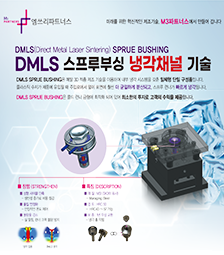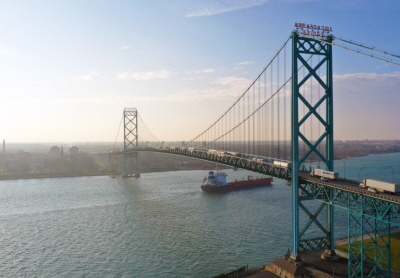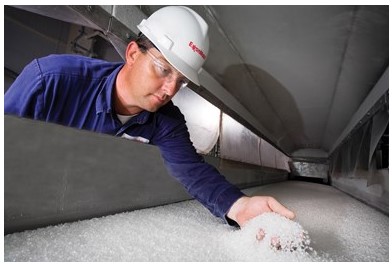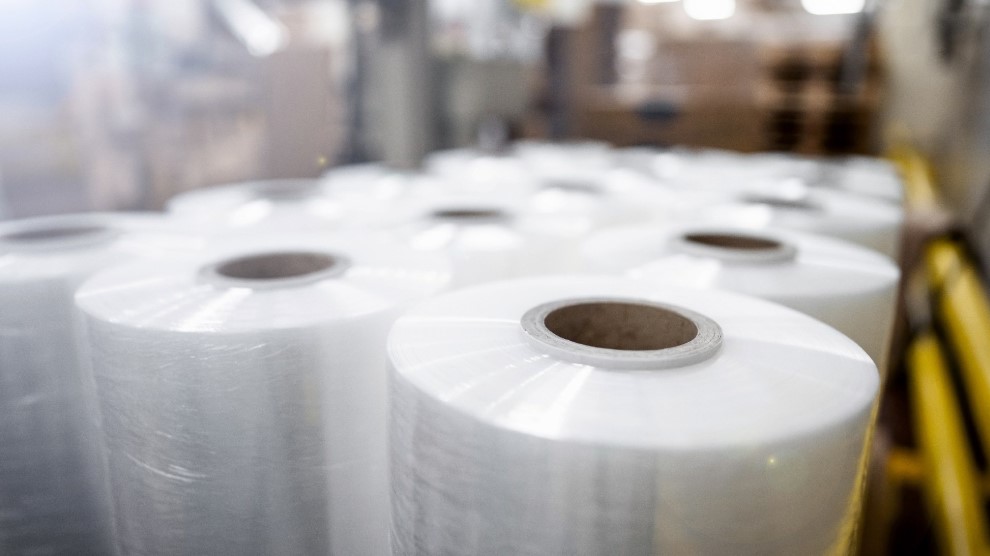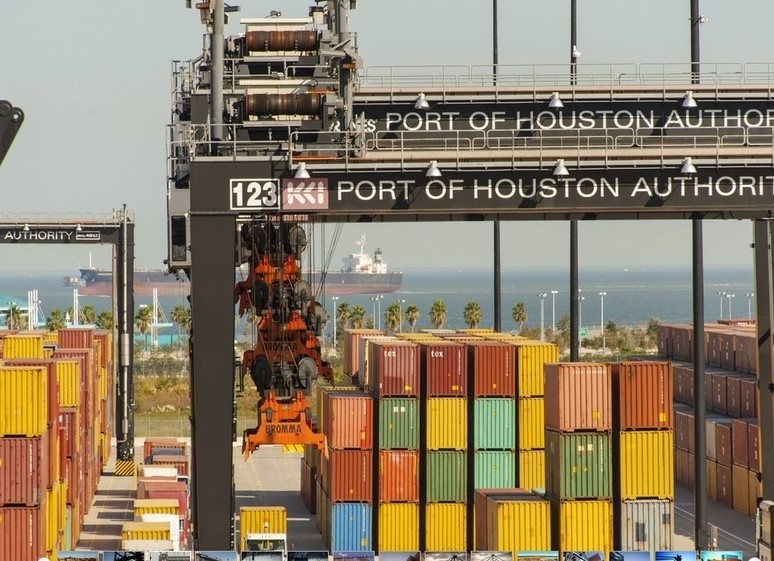Market trends
More cargo shipping complications on the horizon
More cargo shipping complications on the horizon
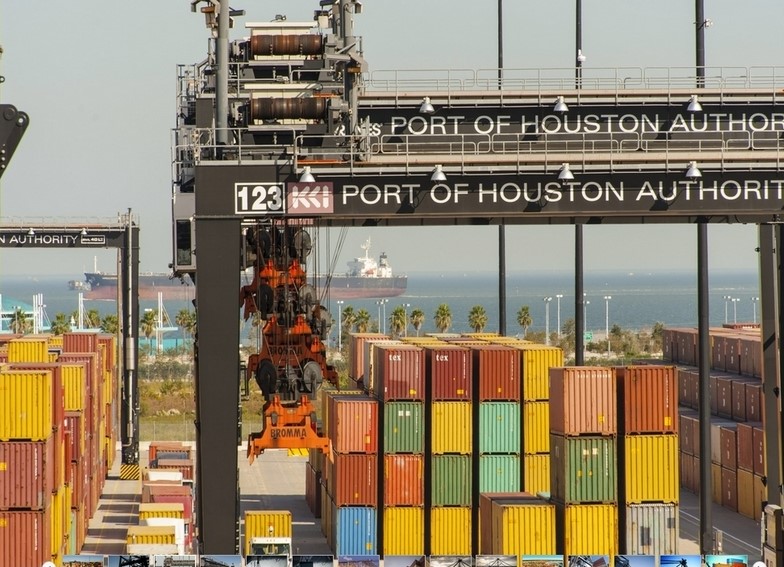
Port Houston
More cargo shipping complications on the horizon
Global shipping may be facing more turmoil with costs per container headed to the U.S. West Coast from Asia up more than 200 percent, continued disruptions from attacks on cargo ships in the Red Sea near the Suez Canal and a potential strike at ports on the U.S. East Coast and Gulf Coast.
"At the moment it is unlikely — but not impossible — that [container shipping costs] will reach the levels seen during the COVID-19 pandemic, but there are so many factors in play it is not possible to predict the market with any degree of certainty," Peter Sand, chief analyst for Xeneta, a global air and ocean freight market analytics company, said in a June 14 blog post.
Supply chain snags in the aftermath of shutdowns related to the pandemic in 2020 led to delivery delays and higher costs. While conditions have calmed down since then, the cargo industry has little room to adjust for the unexpected. So when Houthi rebels in Yemen began attacking cargo ships entering the Suez Canal late last year — in support of Hamas in its attack on Israel — cargo ships began rerouting to take a longer passage around Africa, leading to slower delivery times and higher pricing.
In the U.S., talks have broken down between the International Longshoremen's Association and the United States Maritime Alliance — representing owners of East Coast and Gulf Coast ports — over a contract set to expire in September. The union and port operators had been scheduled to complete a master contract by mid-May, CNBC reported.
"The obvious response for U.S. importers would be to rush as many shipments as possible and build up inventories ahead of any potential port disruption," Sand wrote. "We have already seen shippers adopting this tactic in 2024, with some importing Christmas goods now ahead of the peak season."

Andrew Schunk
Preparing for a hydrogen future
If hydrogen fuel cells become the next big thing in the auto industry, then Trelleborg AB wants to be the leading expert in seals, connections and tanks for those systems.
The Swedish engineering group's Trelleborg Sealing Solutions just opened a 1,000-square-foot hydrogen testing center in Indiana to provide testing capabilities for every aspect of a hydrogen fuel system. There are few polymers able to stand up to demands of hydrogen storage, so expertise is needed now on reliable materials.
"There is also a lack of defined industry standards specifying how materials should be properly tested and verified to work effectively with hydrogen," James Simpson, Trelleborg Sealing global director of energy, told our sister paper Rubber News at a ribbon-cutting ceremony.
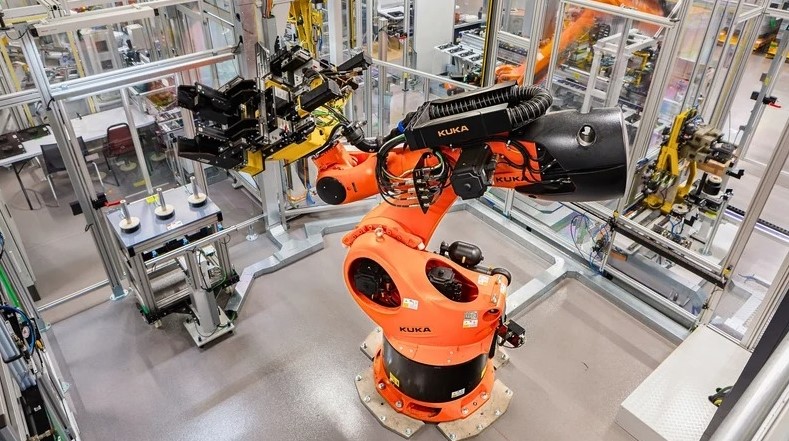
Robert Bosch
A good year for big auto suppliers
The world's largest auto suppliers, as a group, had a pretty good year in 2023, according to our sister paper Automotive News and its annual ranking of auto suppliers.
"The average global sales of suppliers in this year's ranking rose about 9 percent from a year earlier," AN's John Irwin writes. "Thirty companies sold at least $10 billion of products to automakers in 2023, compared with 27 in 2022."
Robert Bosch Group topped this year's list with more than $55 billion in sales, followed by ZF Friedrichshafen at $49.7 billion and Magna International Inc. at $42.8 billion.









